Many people do not understand what happens to a loved one’s assets and debts after he or she dies. Between the issuing of the death certificate and the reading of the will is the probate process.
Learning what to expect can help families to have realistic expectations.
Understanding the purpose of probate
When people die, an executor sorts out their estate before determining who gets what based on either the will or, if there is no will, the laws of intestacy. Included in the estate are assets and property the deceased owned. The assets go through the probate process even when there is a will.
Becoming the executor
The state of Michigan has certain rules and guidelines for probate. After filling out an application and filing the death certificate and will with the court, the would-be executor attends a probate hearing. The judge grants the position unless there is a successful contest of the person’s right to oversee the will.
Going through the probate process
Once appointed, the executor pays off debts and taxes. The next step is to distribute assets to those named in the will. If there are disputes, this can take longer. After the executor completes these tasks, the estate closes. The process may take a few months, but it could take years if there are legal disputes.
Having a will in place can prevent issues and arguments among family members who are dealing with the aftermath of the death of a loved one. There are other estate planning tools that allow people to avoid the probate process so that their beneficiaries do not have to wait until the settling of the estate to receive their inheritance.


